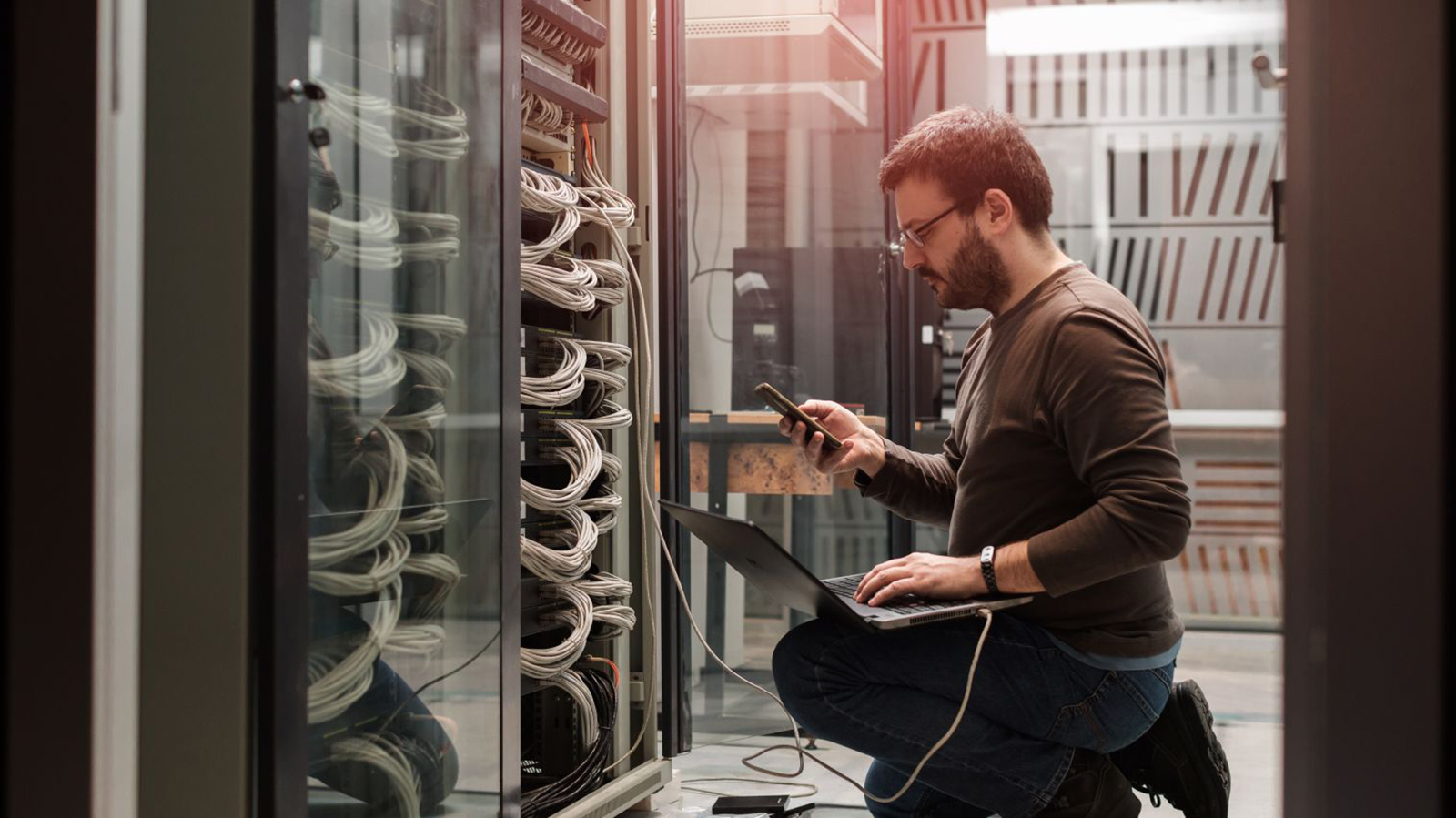Apple reportedly readies Baltra processors for AI servers
Apple's working with Broadcom on Baltra.

Get Tom's Hardware's best news and in-depth reviews, straight to your inbox.
You are now subscribed
Your newsletter sign-up was successful
According to Bloomberg, Apple is developing data center-grade processors meant primarily to serve inquiries from Apple Intelligence. Like many of its industry peers, the company is working with Broadcom to develop its AI accelerators. Yet, the details the news agency presents may indicate that Apple has bigger plans for its in-house data center hardware.
Apple's data center processor is reportedly codenamed Baltra; it was developed in partnership with Broadcom and is expected to be completed by 2027. All Broadcom-designed AI processors typically use systolic arrays of proprietary processing elements (usually tensor or matrix units) and HBM memory stacks. However, the report says that Apple is studying different configurations for its server processor, including models that have 'double, quadruple or eight times the number of main processing and graphics cores as today's M3 Ultra.'
The M3 Ultra is a formidable CPU regarding core count: it packs 24 high-performance and eight energy-efficient cores. However, data center processors do not tend to use hybrid designs, so we can only wonder whether the report meant eight times more general-purpose CPU cores (i.e., 256 cores) or eight times more high-performance CPU cores (192 cores). Quadrupling M3 Ultra's graphics clusters will probably result in performance comparable to that of Nvidia's GeForce RTX 5090 or better.
But there is a catch: modern AI applications do not use general-purpose CPU or GPU cores for training or inference; instead, they use tensor or matrix units. Apple's NPU relies on matrix multiply logic optimized for on-device AI, for example. If Apple is developing an AI accelerator for inference, it would rather need to scale its NPU engine than the number of CPU cores. Still, AI servers need a CPU to schedule data flows and feed data to accelerators so that Apple might be developing both CPU and AI accelerators under the project Baltra moniker.
On the Mac front, the roadmap includes several new processors. The report says that the M5 system-on-chip will be updated for iPad Pro and MacBook Pro models by the end of 2025, which is no surprise. Beyond that, Apple is developing system-on-chip devices referred to internally as M6 (codenamed Komodo) and M7 (codenamed Borneo), intended to power subsequent generations of iPad and Mac devices. Another high-end chip, Sotra, is also under development, though no details about its target devices are known.
In addition, Apple is developing custom processors for its wearable devices, such as augmented reality smart glasses.
Follow Tom's Hardware on Google News to get our up-to-date news, analysis, and reviews in your feeds. Make sure to click the Follow button.
Get Tom's Hardware's best news and in-depth reviews, straight to your inbox.

Anton Shilov is a contributing writer at Tom’s Hardware. Over the past couple of decades, he has covered everything from CPUs and GPUs to supercomputers and from modern process technologies and latest fab tools to high-tech industry trends.